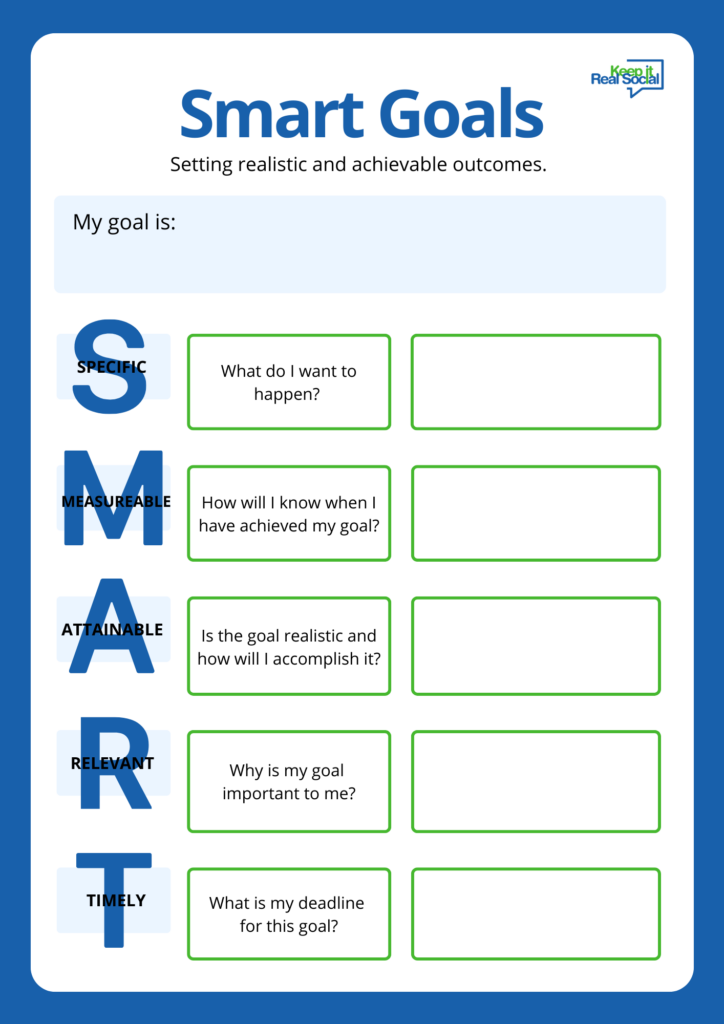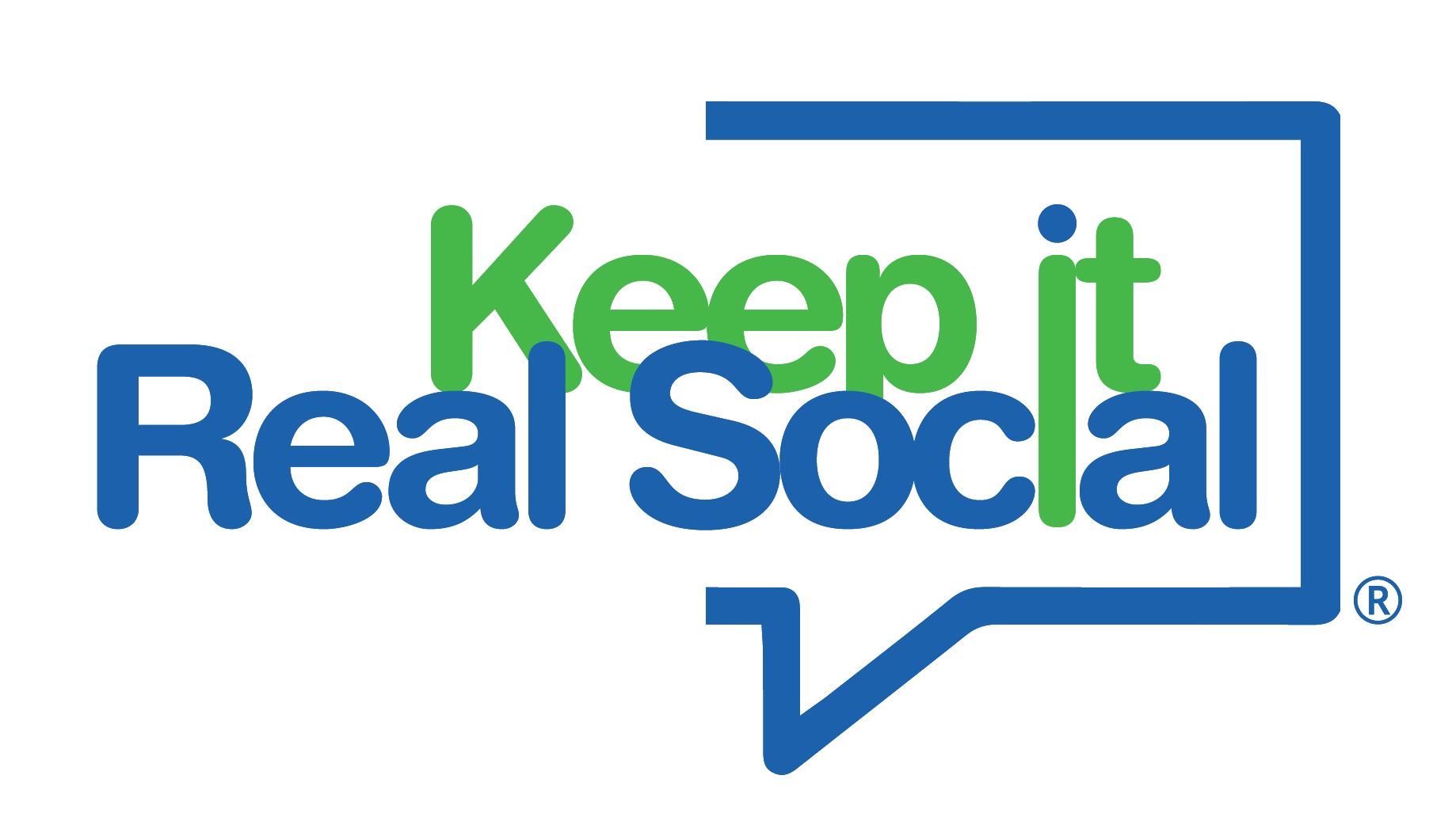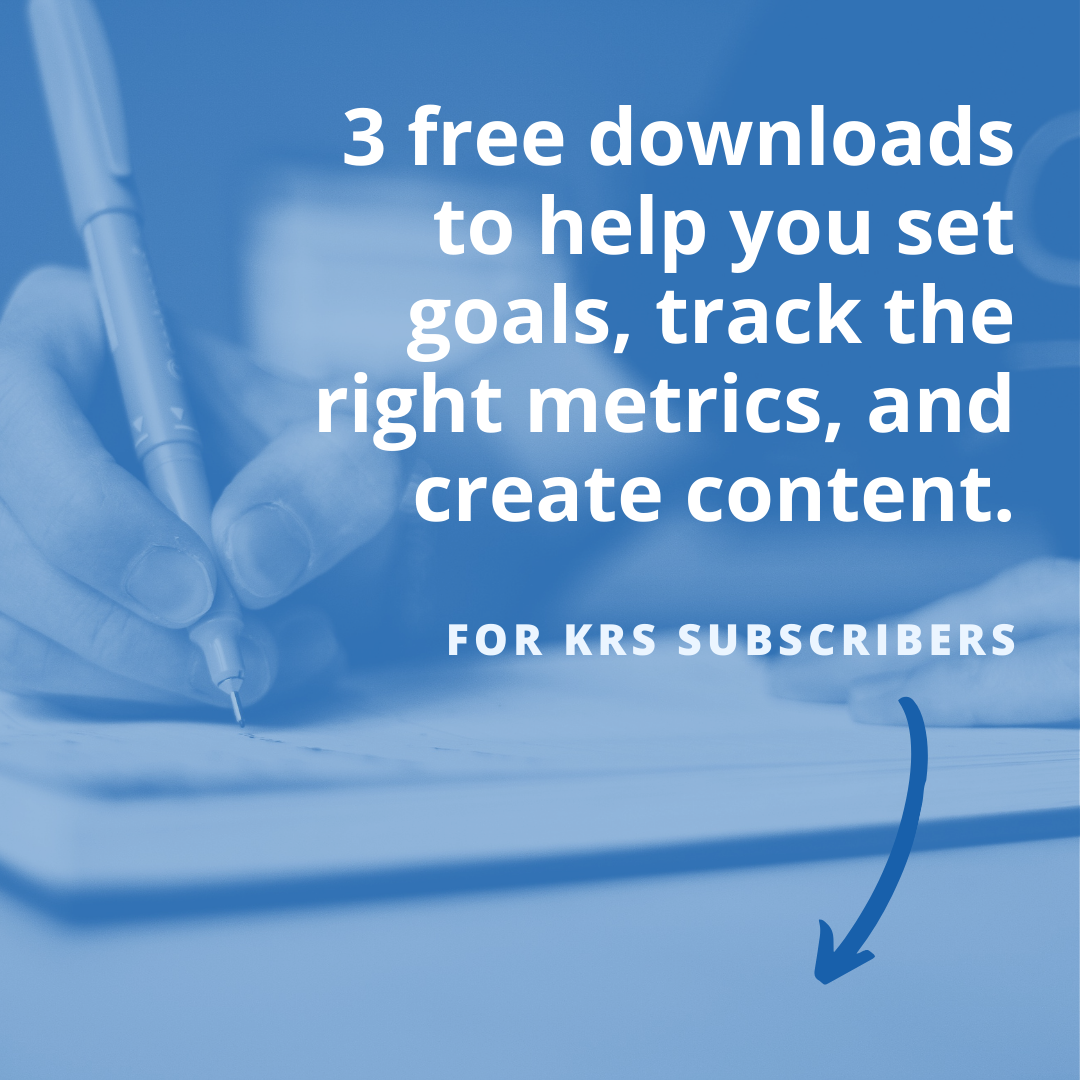After you’ve cleaned up your digital footprint and decided who you’re trying to reach, it’s time to create some SMART goals and decide which social media platforms are a good fit for your business, your commitment level, and your skillset.
“The victory of success is half won when one gains the habit of setting goals and achieving them.” -Og Mandino
Let’s start with setting realistic and achievable outcomes. It’s like a diet; you have to be sensible. Otherwise, you’ll fail. Trust me; I’ve done it a million times. You can’t go from being overweight and not working out to suddenly running a marathon and being in shape.
 SMART goals help keep you accountable.
SMART goals help keep you accountable.
S=Specific: What do you want to happen?
M=Measure: How will you know when you’ve achieved your goal?
A=Attainable: Is the goal realistic, and how will you accomplish it?
R=Relevant: Why is my goal important to me?
T=Timely: What is my deadline for this goal?
Here are a few examples of SMART goals focused on leads, nurturing, and branding.
Lead Generation SMART Goals:
- Increase Facebook fans by 500 by the end of the 3rd quarter.
- Increase website contact form submission by 5 per month.
Lead Nurturing SMART Goals:
- Improve the open email rate by 15% by December 31, 2022.
- Improve response time to 24 hours maximum by October 1, 2022.
- Improve community engagement by 10% by the end of the 1st quarter.
Branding SMART Goals:
- Improve online presence by posting to social media three times per week.
- Update social media profiles by the end of the 1st quarter
Download and print your very own SMART goals worksheet by subscribing to our weekly newsletter.
Not All Social Media Platforms Right for Each Small Business
After you’ve set some goals, it’s time to decide on the social media platform(s) that could be a good fit for your small business. Knowing who you’re trying to reach and what you want to happen is easier to choose.
Your small business does not need to be on every platform. Please reread this and let it sink in. The fact is that not every platform is suitable for every business. To decide which platform is a good fit for your small business, you need to know more about each social media platform, its audience, and what type of business tools they offer.
Facebook: With 2.91 billion monthly active users and excellent built-in business tools allowing you to post updates, directly book appointments, communicate with customers, and curate reviews – this is a popular choice.
Instagram: A highly visual platform. 31% of the users are between the ages of 25 and 34. Fifty-eight percent of the platform’s users are women. An excellent platform for integrating a #hashtag strategy, curating leads through DMs, and posting time-limited content.
LinkedIn: A professional networking platform for connecting with talent, making career connections, launching yourself as an industry leader, networking, and generating leads. Forty percent of the users are between the ages of 46 and 55.
TikTok: A primarily younger audience made up of millennials and Gen-X homebuyers. A video-focused platform that is great for sharing your personality and tips.
Pinterest: This is technically a search engine that can be a fantastic source of website traffic and lead generation.
YouTube: Owned by Google, YouTube is a powerful video platform that offers a lot of search engine optimization power when people search for properties or neighborhoods.
Now What?
Each platform is very different. Decide on 1-2 platforms to begin with based on the following. Perfect the use of these social media platforms before adding another.
- Which platform reaches your target audience?
- What are your goals? If you answered more contact form submission forms, which platform will allow you to link to your website in the captions directly? Instagram, currently doesn’t allow you to do this.
- Which platform offers the tools you need for your business. For example, Facebook might be an excellent social media platform if you host many events.
- What type of content will your produce? If your answer is videos, you might choose TikTok or Youtube, depending on who your target market is.
- How much time will you devote to social media marketing, and what is your skill set? If you’re a novice and quickly get overwhelmed but are already on Facebook personally, start with Facebook.
Next, I’ll share with you what to post on social media, with examples to inspire you. Don’t miss out; subscribe to our weekly newsletter for small business tips.



